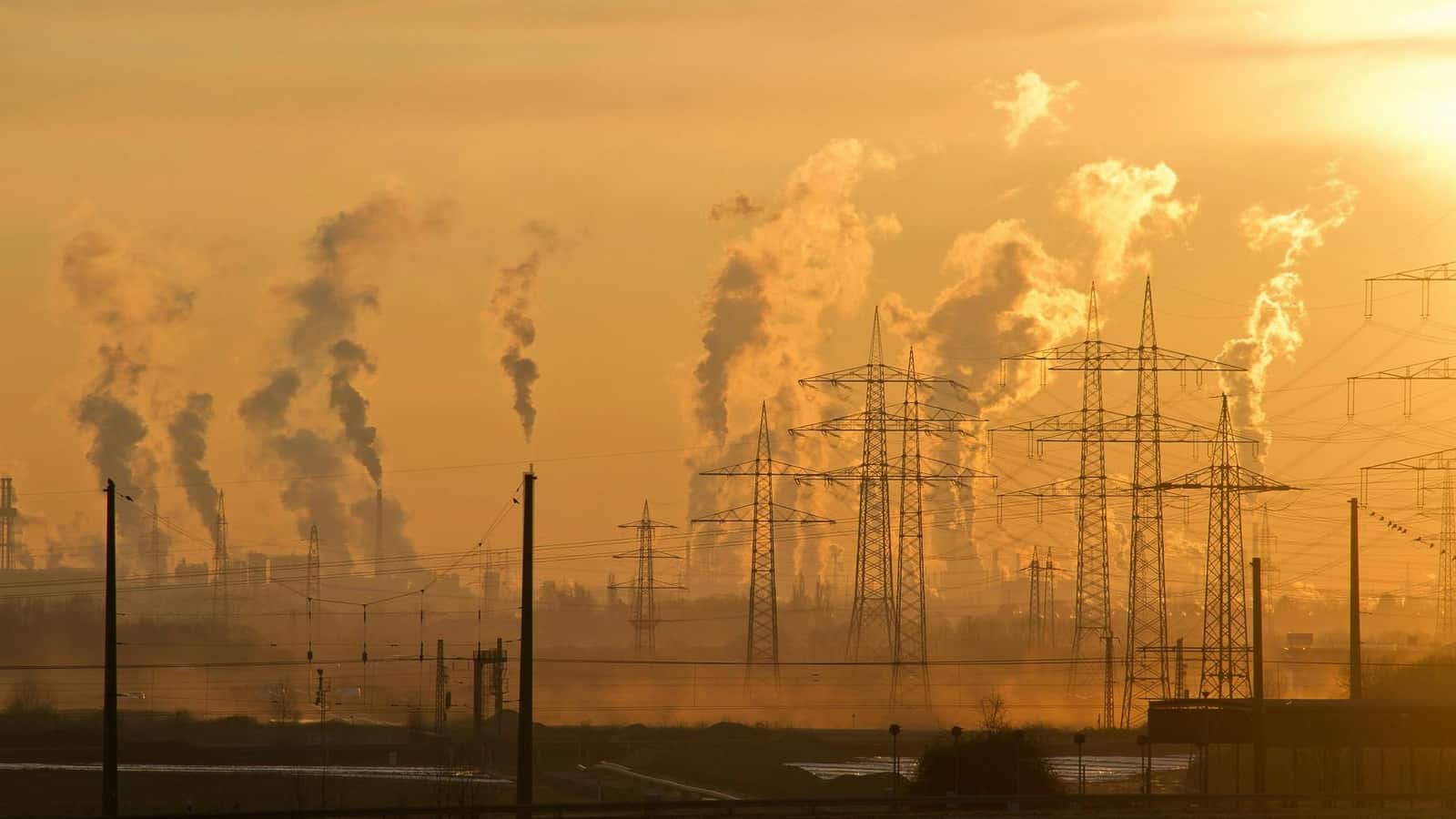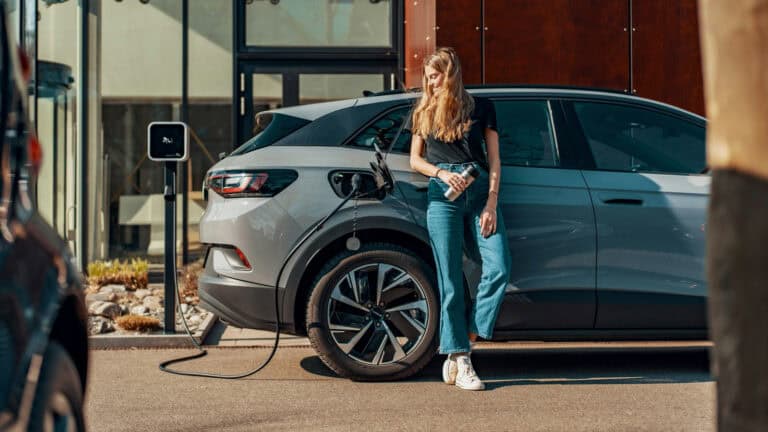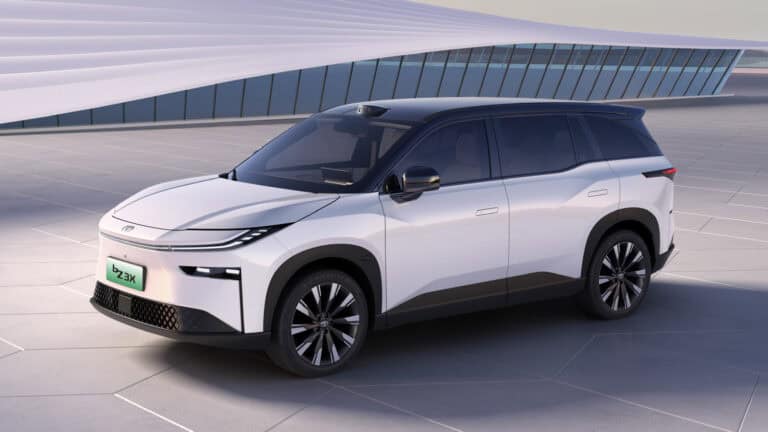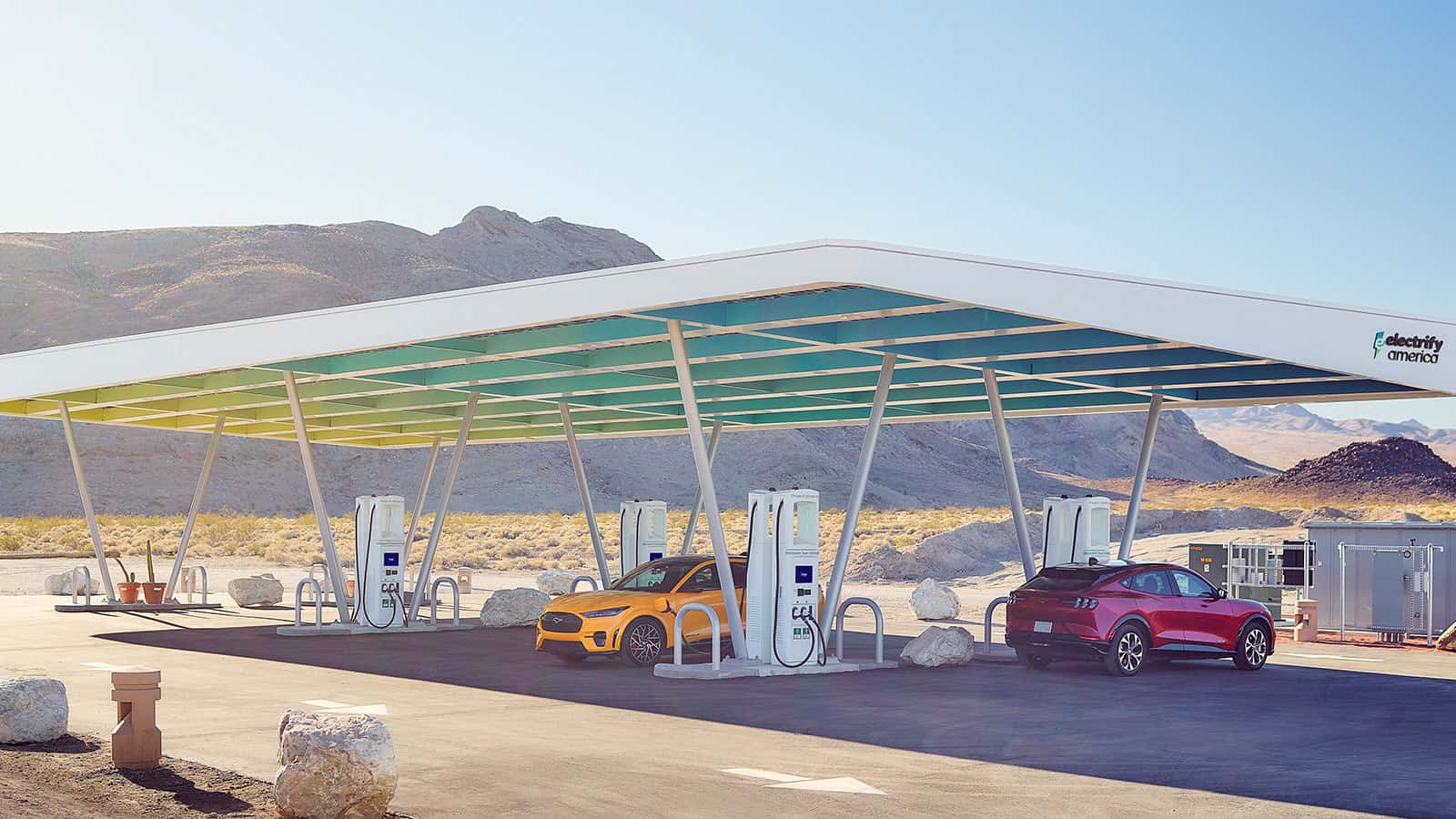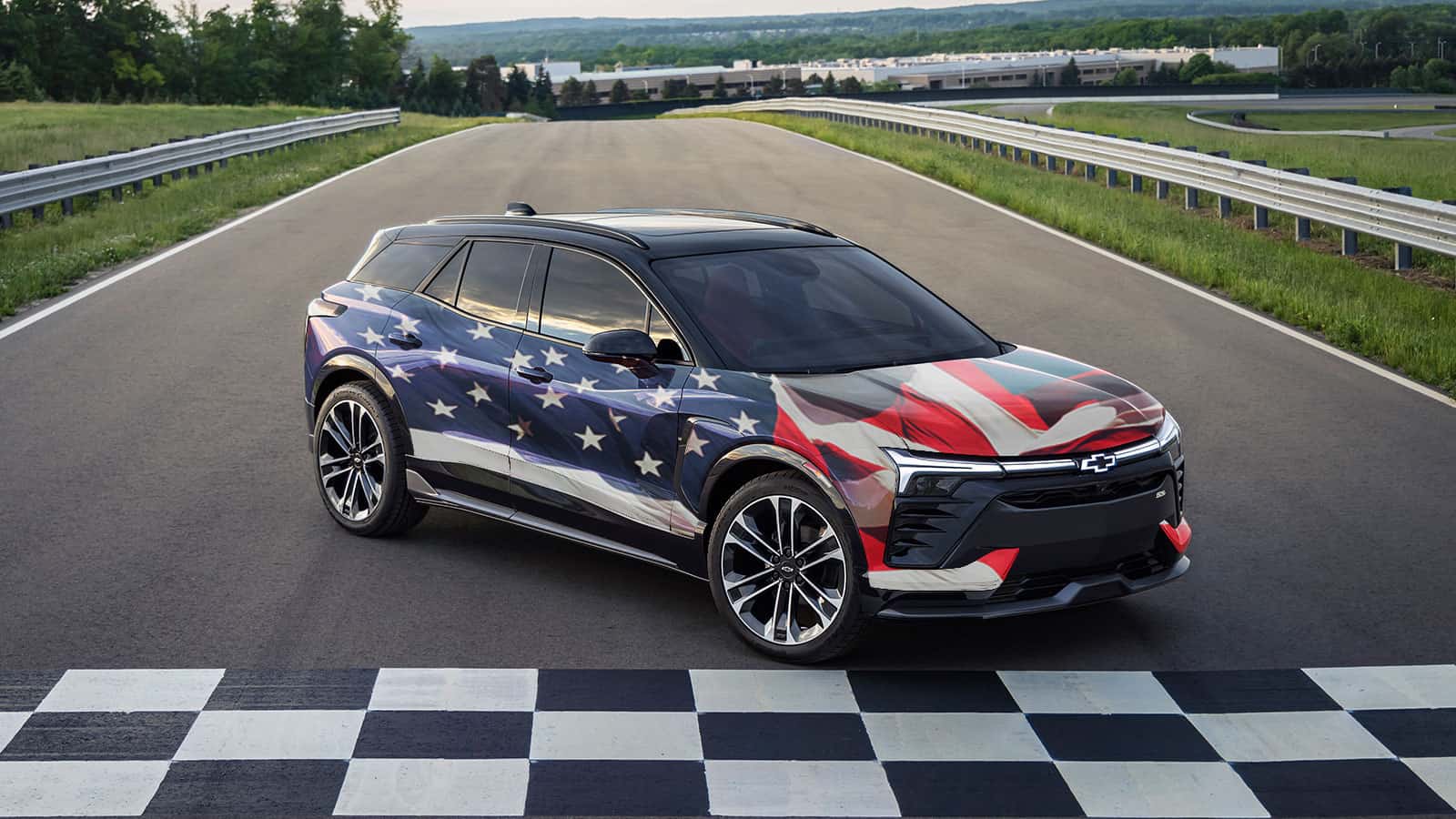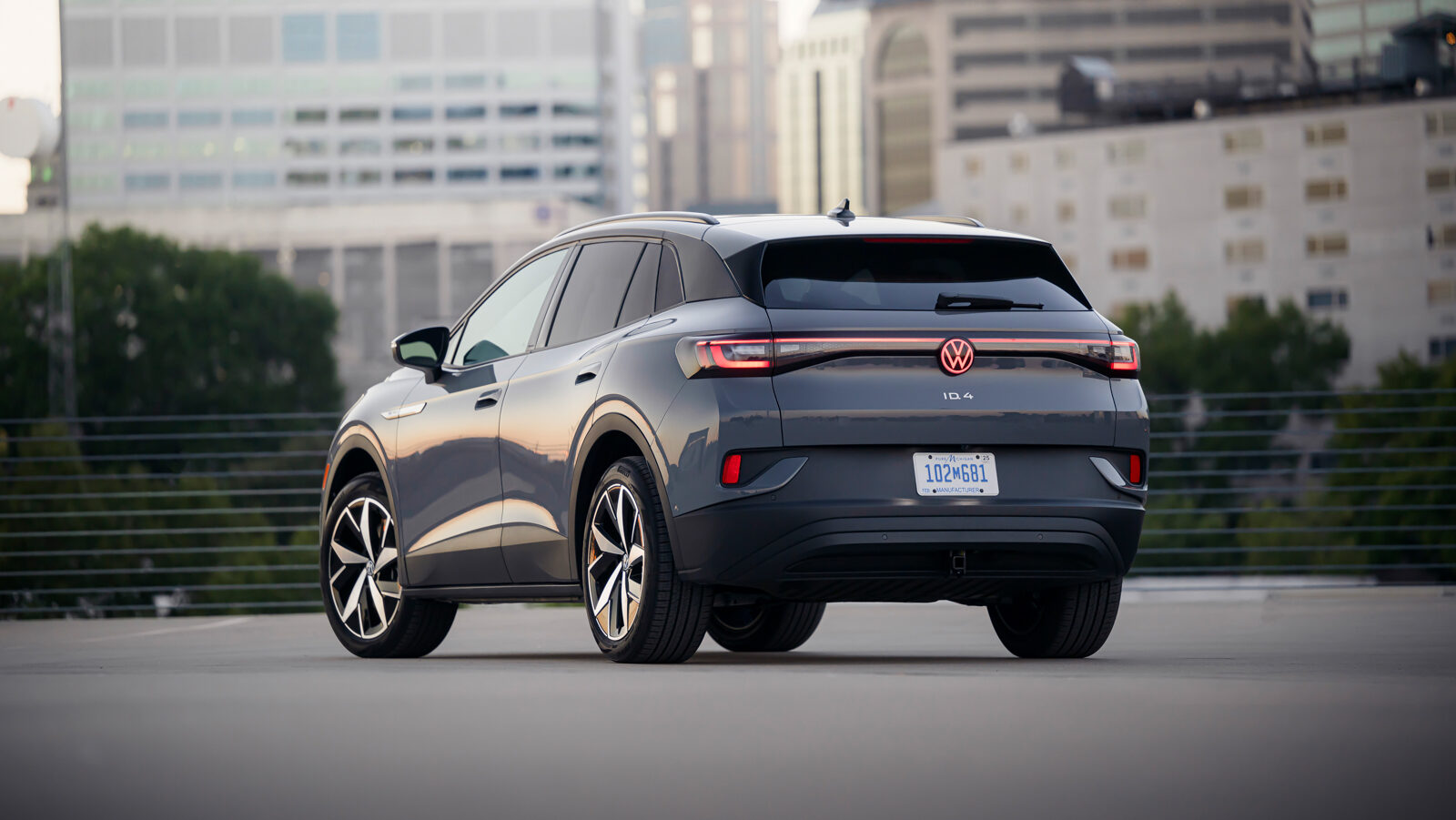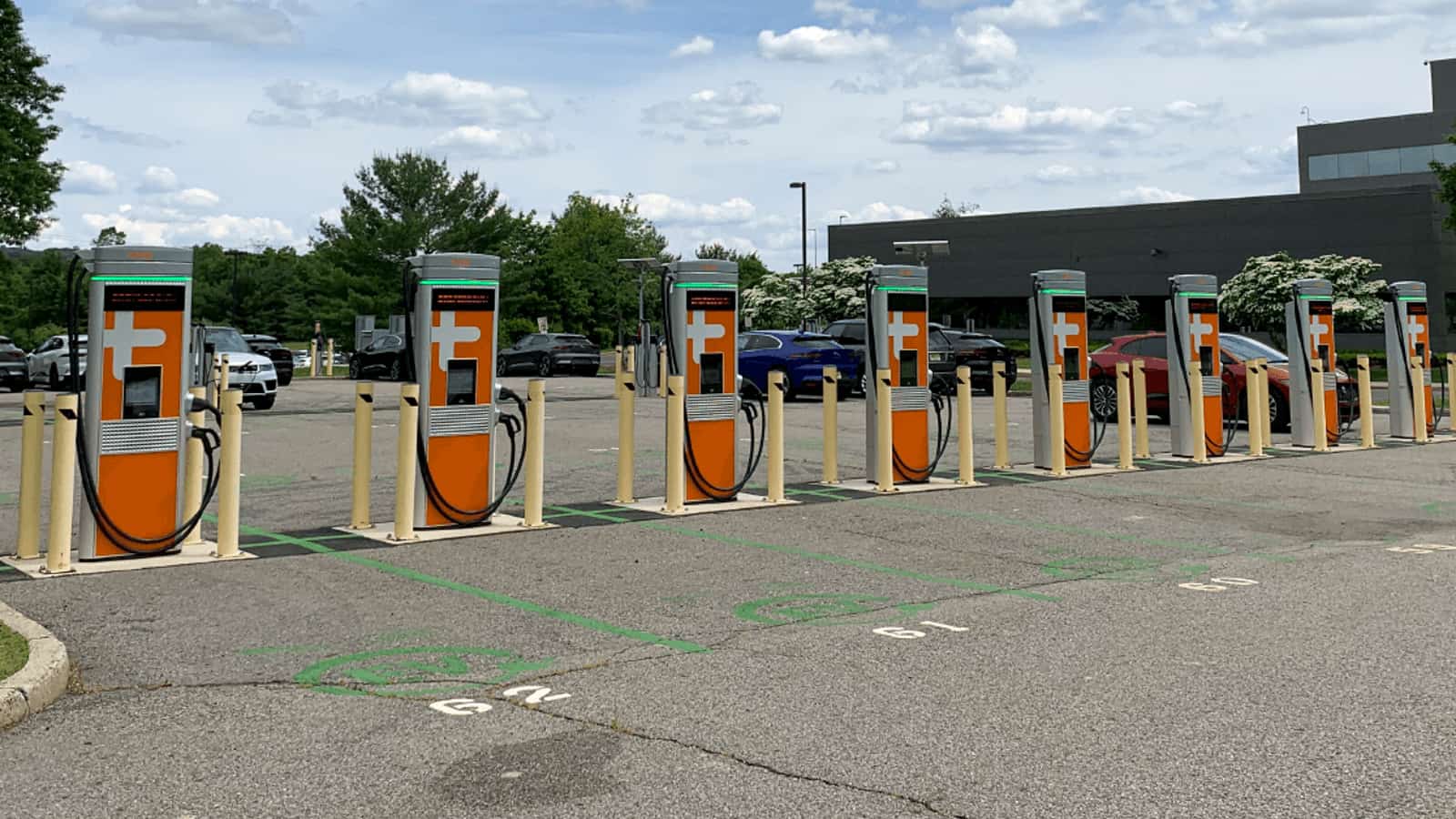- The fossil fuel industry, backed by Big Oil groups, actively opposes electric vehicle expansion, prioritizing financial interests over environmental concerns.
- Anti-EV narratives often include disinformation about China, climate change, and anti-social grievances.
- Deep pockets and powerful voices drive the narrative around anti-EV legislation.
- In some situations, anti-EV voices just want to irritate the Democrats and “the libs.”
It’s early March in West Michigan, and the trees are blooming. As someone who has lived in this area my entire life, this is the earliest I’ve ever seen trees bloom. Usually, the branches are still bare well into April. The reason why the latest Michigan winter is playing tricks on trees can easily be answered by climate change.
ADVERTISEMENT
It’s easy to see the effects of climate change, even in places outside of the Midwest. Despite these changes that clearly affect our ways of life, the anti-EV narrative continues to grow.
This anti-EV narrative has become a political rallying cry against the future of the planet. If we continue down the path of ignoring scientists and our own eyes, the planet could reach the point of no return. It will affect our food sources, in-home comfort, leisure activities, work experiences, health, and lifespan.
Unfortunately, the anti-EV voices will continue their push against science. They will continue to “roll coal,” drive vehicles with fuel ratings under 15 mpg, and vote for candidates who support using fossil fuels.
Have they considered the reality of no more ice fishing, snowboarding, or snowmobiling? Or the “joy” of having mosquitoes emerge in early March? Or the possibility that fruit trees could fail to deliver fruit after an early March bloom and an April deep freeze? And that’s just in Michigan.
All this just to anger the libs?
These anti-EV and climate-denial personal agendas aren’t really personal. They’re actually coming from sources with deep pockets and investors to please.
ADVERTISEMENT
Oil Money vs. Electric Dreams
Electric vehicles were first developed in 1889 when electricity began rolling across the United States. A few years later, Thomas Edison engineered nickel-iron batteries for cars. Unfortunately, the U.S. wasn’t prepared to tackle electric vehicles, simply because electricity was too expensive. Now, the opposite is true. Once Big Oil became a major part of the automotive industry, EV development was effectively crushed.
The fossil fuel lobby is still working hard to end the EV movement. Oil-backed groups are challenging plans for electric companies to expand charging infrastructure into 10 states, as utility companies want to meet increased power demands to install more charging stations in convenient locations. According to Gina Coplon-Newfield with the Sierra Club, “Fossil fuel interests control 90% of the transportation fuel market in the U.S. and are really feeling threatened.”
Billionaires and Big Oil Denying Climate Science
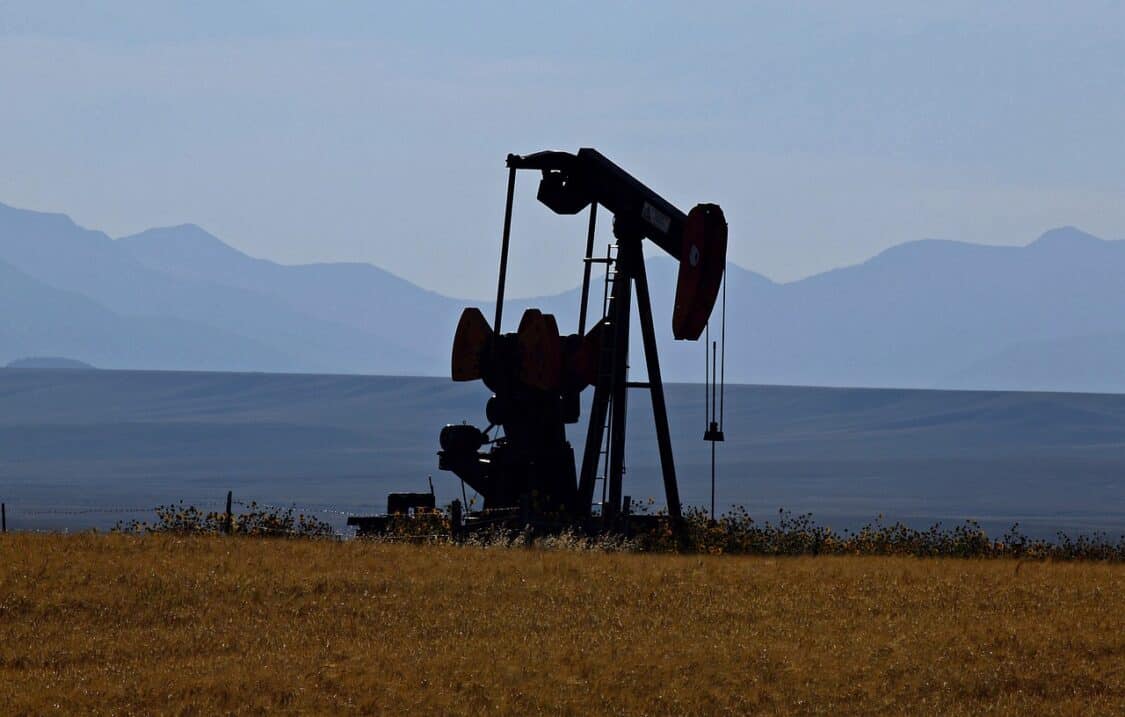
Back in the earliest days of EVs (2016-2020), the Koch brothers worked hard to fight against these vehicles. In 2019, the billionaire brothers spent about $11 million to fight against the Climate Solutions Act of 2019 to increase electricity from renewable sources and to instead push the Fairness for Drivers Act of 2019 that opposed electric vehicles and tax credits for people who purchased them.
The influential billionaire family used their money to push reliance on oil and gas — and deliberately so, considering their major investments were in oil and gas reserves and pipelines.
For decades, the brothers used their influence to denigrate climate scientists and sneer at climate change. Even after Charles Koch died in 2019, his brother David has continued to push against renewable energy and the need for alternatives to combustion engines. Between 1997 and 2019, the Charles Koch Foundation spent $162 million to continue pushing the benefits of fossil fuels.
In addition, ExxonMobil has spent over $39 million to push climate denial between 1998 and 2020 — more than any other individual funder beside the Koch brothers. They gave $690,000 to eight climate science denial groups in 2019 and regularly funded federal lawmakers who opposed carbon taxes (despite ExxonMobil saying that they supported the concept). In fact, 40% of the nearly $1 million ExxonMobil contributed to congressional incumbent campaigns during the 2019-20 election cycle went to 115 of the 150 climate science deniers who held office during that term.
White House Occupancy Matters
The fossil fuel lobby has some deep pockets that can push their climate-denial message when the right listener is in the White House. Thanks to connections in the Trump White House, at least 260 Big Oil regulations were rolled back. Former Vice President Mike Pence was a friend of the Koch brothers, who use their billions to back candidates who are dedicated to breaking down regulations in the oil industry. Other friends of the Koch brothers in the Trump Cabinet included Education Secretary Betsy DeVos, Energy Secretary Rick Perry, and EPA Administrator Scott Pruitt.
ADVERTISEMENT
Once Joe Biden won the presidency, he removed all Koch brothers followers from his own Cabinet, but several Republicans continue to back the billionaires in the House and Senate. Major voices for the Koch Industries include Texas Senator Ted Cruz, Florida Senator Rick Scott, and Florida Governor Ron DeSantis.
Following the Money Trail
Despite all the damage that Koch Industries have done to keep the oil industry booming, the Koch brothers are on record as saying that climate change is real and that carbon regulation is necessary. In 2016, the Koch brothers told the Washington Post that he would accept a study that proved carbon regulation would slow global warming. Charles Koch responded, “Yeah, I say that a lot of what is done by the climate lobby is anti-science. But there is some science behind it. Like, there are greenhouse gases, and they do contribute to warming.”
The Koch brothers and their followers continue to push the narrative that China is the leader in carbon emissions and that even if we in the United States do something, China will continue to pollute. This narrative is outdated, but the people who fight for Big Oil and against the EV industry keep screaming against China.
Wrongly Putting the Blame on China
While China still does continue to lead the world in carbon emissions, the country is taking real steps to reduce pollution. A month ago, the Wall Street Journal reported that China’s carbon emissions are dropping and set to drop more — especially as the country installed 217 gigawatts of solar power in 2023 — giving China and the greater region over 500 million solar panels everywhere from the deserts of Mongolia to the rooftops of Tiananmen Square.
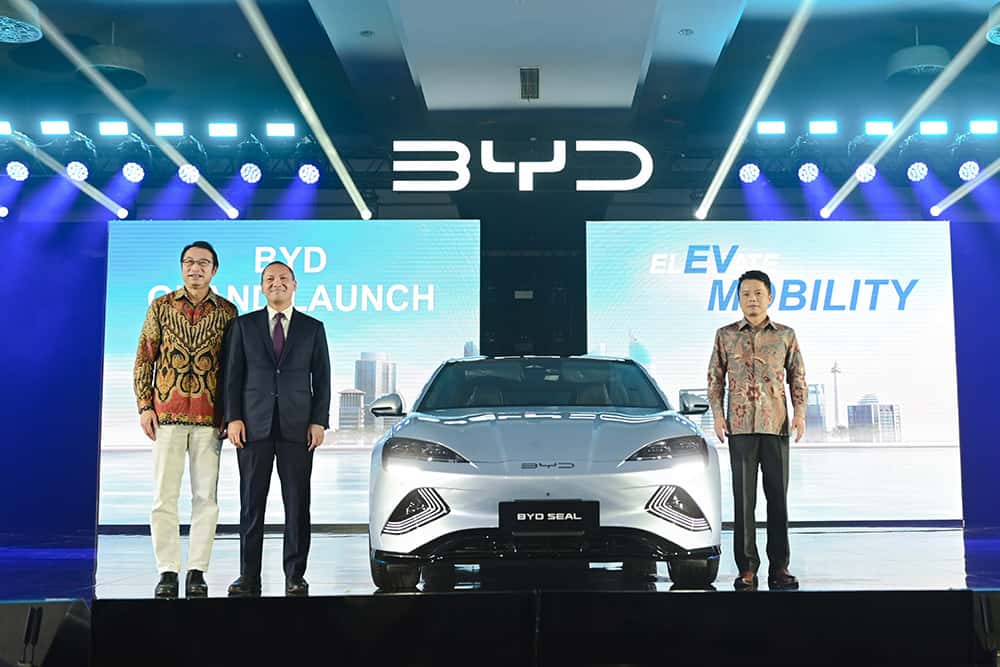
China also has a booming EV industry. According to a recent article from the Harvard Business Review, more than half of the electric vehicles on the planet are in China. The country began its push toward EVs later than the U.S. did, but China began its push by focusing on electric buses and motorcycles. The country collaborated early with taxi drivers and fleet companies to determine the best places for charging stations, and Chinese companies took control of battery manufacturing and raw material handling.
Big Oil’s Influence on EV Policy
Back in 2019, anti-EV naysayers used Big Oil to fight against electric vehicles. However, the tables are turning. After EVs have reached the tipping point in California and popularity is spreading from the coasts inland, Big Oil has begun embracing electric vehicles.
Now that EVs are mainstream, Big Oil is putting money into them. Business Insider reported that oil companies like BP, Shell, and ExxonMobil are investing in battery technologies, charging infrastructure, and lithium mining. These massive companies already have existing retail locations and massive footprints in the energy industry.
Even the Koch brothers learned that if you can’t beat them, join them. The billionaires have invested millions in battery supply chain companies.
As an EV driver, I have used a few Shell Recharge charging stations while on the road. This arm of Shell has 140,000 plugs around the world, with most of the stations in China. The few I’ve used in Wisconsin and Ohio have been reliable, efficient, and affordable.
Double Dipping in Electric and Petroleum
Remember the old adage about power and how absolute power corrupts absolutely? It only makes sense that Big Oil wants its hands in petroleum and electricity. In a way, the industry wants absolute power over transportation and energy.
ADVERTISEMENT
Despite the push for Big Oil to get into Big Electric, the EPA is still receiving pushback against the Biden Administration’s proposal to reduce carbon emissions. Big Oil and the automotive industry are fighting to get the EPA to lower its 2030 goals with its electric vehicle mandate. The American Petroleum Institute and the Alliance for Automotive Innovation want to slow the progress that EVs are making in reducing carbon emissions and cleaning our heavily polluted air.
According to the Sierra Club, if Big Oil and Big Auto would accept the EPA proposal, the U.S. could avoid releasing 9.9 billion tons of carbon emissions by 2055. The impact of this rule would be the equivalent of cutting emissions from nearly 90 coal plants for 30 years. The EPA also estimates the proposal as-is would add between $1.25 and $2.12 trillion to the U.S. economy.
Big Oil is noisy, and naysayers listen. When EV drivers plug into a Shell Recharge station or a Tesla BP charger, they feel good about how Big Oil is helping electric vehicle companies. But, deep down, the companies are just looking to pad their bottom lines with their fingers in the fossil fuel lobby and the lithium mining lobbies.
Will electric cars kill the oil industry? There is a chance, but it looks like Big Oil is preparing itself by investing in the EV industry, too.
The PR Battle Over Electric Cars
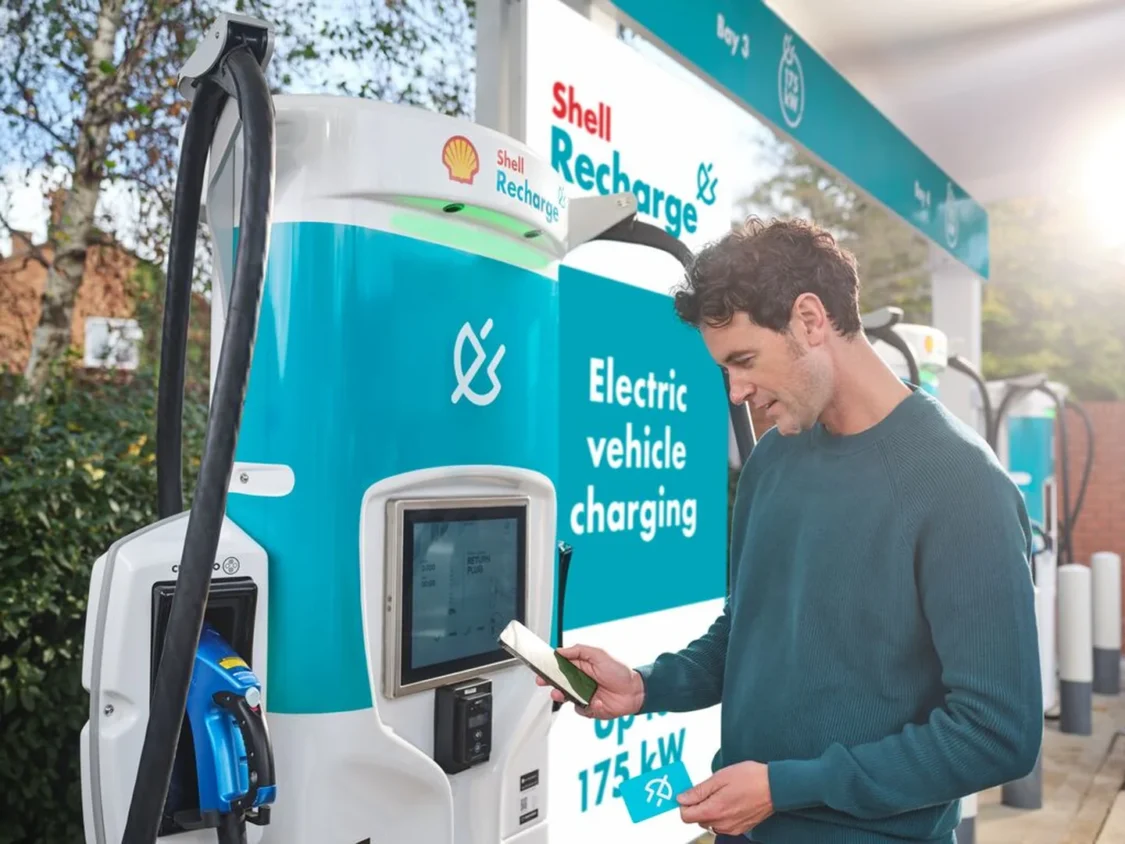
Despite the environmental and economic benefits of electric cars, the PR battle to stop them continues. The American Prospect explains the anti-EV sentiment that so many Republican voters vociferously share: It’s the opposite of what the NPR-listening liberals are doing. The PR battle against electric cars lets Republicans make liberals upset.
A few years ago, conservatives with big trucks would “roll coal” by rigging their diesel fuel and exhaust systems so they could blast black smoke from their massive exhaust pipes. The pickup truck drivers would roll coal while in front of Prius drivers and then post the videos on social media. The black-smoke victims may appreciate that eBay is currently facing billions in fines for selling the devices that allowed diesel truck owners to violate the Clean Air Act.
The PR battle that attracts conservatives is grievance politics. It’s similar to the need to ban books, block student loan relief, and take away reproductive freedoms. Today’s conservatives do not want policies that are broadly socially beneficial, and that includes taking steps to protect the only planet that humans can live on. It’s tough for the liberal opposition to connect with this attitude, as the liberal side is more dedicated to helping the general population.
At the top of the anti-EV sentiment is Donald Trump, and his followers repeat his EV hate. He leads the way with anti-social grievance policies, despite the easily provable facts that EVs are adding jobs and revenue in many states — even the reddest ones.
The hypocrisy is real. Consider how Georgia Republican Governor Brian Kemp doesn’t like the Inflation Reduction Act, but he sure does like how the act has encouraged EV manufacturers like Hyundai and Kia into his state. He’d like to stop the IRA but make Georgia the EV capital of the United States.
Make it make sense.
ADVERTISEMENT

FEATURED IMAGE: PIXABAY
FTC: We use income-earning auto affiliate links. Learn more.













